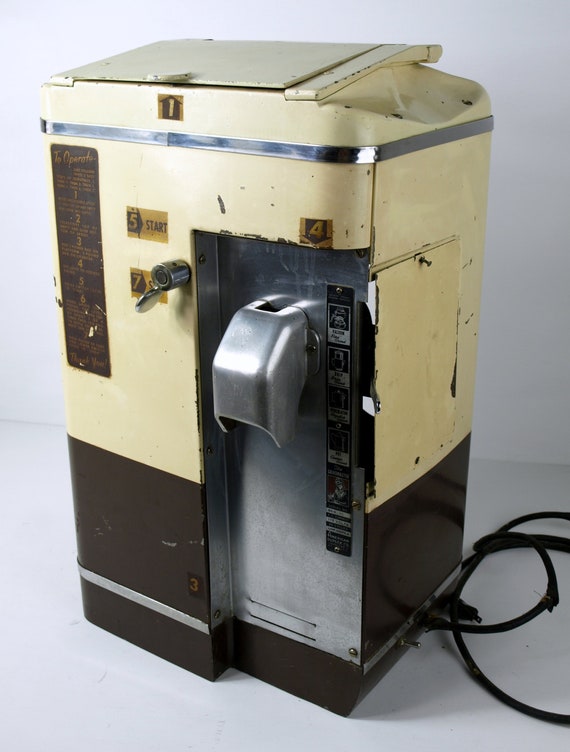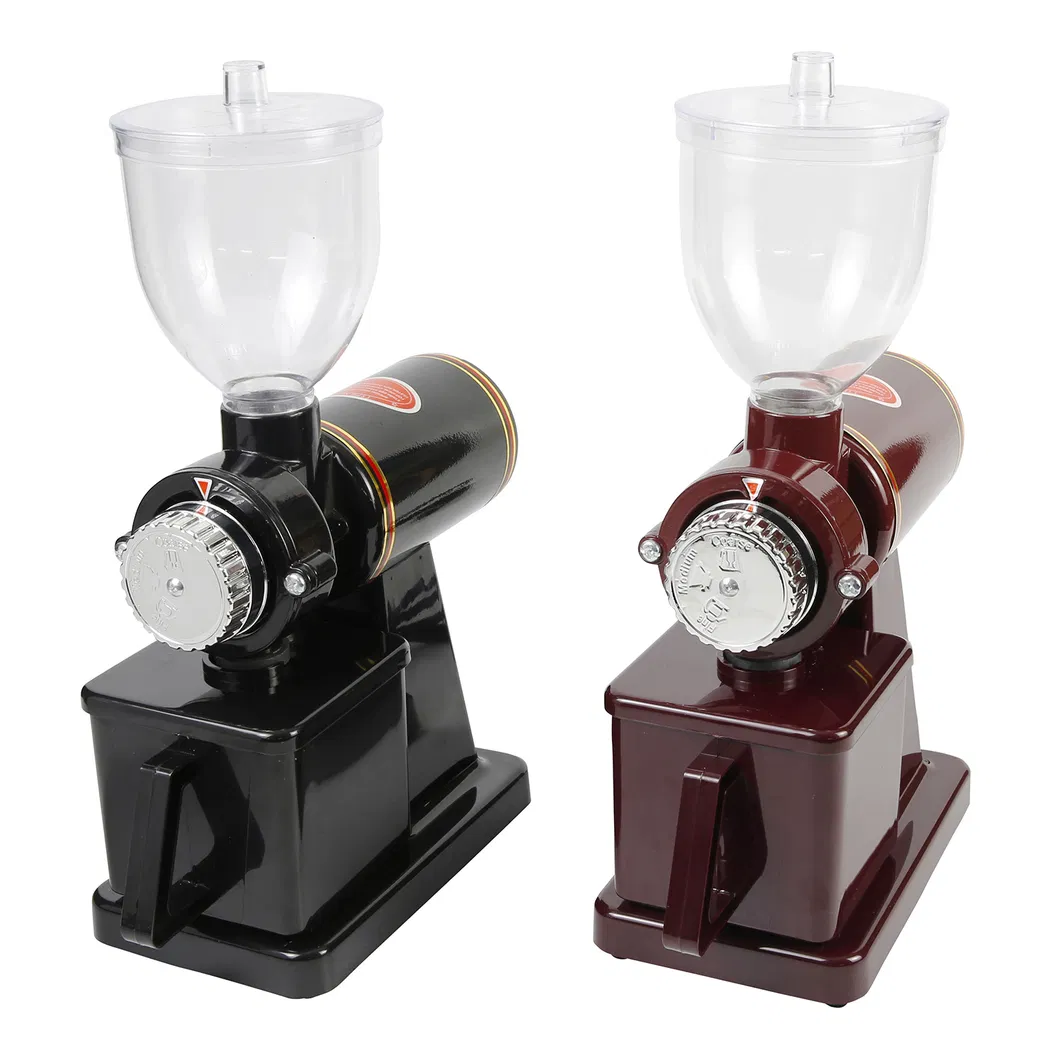Industrial Coffee Grinder for Large-Scale Brewing: A Must-Have Tool
Industrial Coffee Grinder for Large-Scale Brewing: A Must-Have Tool
Blog Article
Industrial Coffee Grinder Overview: Increase Performance and High Quality
In the affordable landscape of coffee production, choosing the appropriate commercial coffee grinder plays a crucial role in improving both efficiency and product top quality. Understanding the subtleties of numerous grinder kinds and vital features-- such as personalized work setups and durable construction-- can considerably influence the final taste account of the coffee.
Recognizing Mill Types
When selecting an industrial coffee grinder, understanding the various kinds offered is crucial for enhancing both flavor extraction and operational efficiency. The 2 primary sorts of mills are blade grinders and burr mills. Blade grinders use sharp blades that slice coffee beans into irregular sizes, leading to irregular removal and possibly unwanted flavors. While blade grinders are usually much more inexpensive and suitable for small operations, they are normally not recommended for commercial use.

Inevitably, selecting the appropriate kind of mill is important to maintaining high quality and effectiveness in coffee production, making it crucial for companies to spend in premium burr grinders for optimum results.
Trick Functions to Think About
Choosing a commercial coffee mill requires careful consideration of numerous essential attributes that can substantially influence both efficiency and the total coffee experience. Among the main facets to assess is the grinding system. Burr mills are typically favored over blade mills, as they provide a constant work size, which is vital for optimum extraction and flavor.
Another important function is the mill's ability. Depending on the quantity of coffee you require to procedure, pick a model that can handle your needs without compromising speed or high quality. Furthermore, think about the grind setups used. A functional mill with several settings enables you to tailor the grind dimension to various developing methods, enhancing the coffee's flavor account.
Examine the grinder's noise level, particularly in a busy coffee shop or production environment, where too much noise can be turbulent. Investing in a mill that balances these attributes can significantly boost both operational performance and the quality of the coffee offered.
Optimizing Grinding Process
To attain the most effective cause coffee prep work, enhancing the grinding procedure is crucial. The grind size considerably affects removal, flavor, and overall top quality of the made coffee. Different developing approaches call for certain work sizes; for instance, coffee demands a great work, while French press necessitates a rugged appearance. Recognizing the connection in between work dimension and brewing technique is the first step in optimization.


In addition, keeping track of the grinding rate can enhance the process. Slower grinding commonly creates less warm, protecting fragile flavors and scents. Conversely, quicker grinding may produce too much warmth, negatively affecting the coffee's quality.
Maintenance and Care Tips
Proper maintenance and treatment of commercial coffee mills are crucial for ensuring optimal performance and visit here longevity. Regular cleansing is the structure of upkeep; residue accumulation can impact flavor and grinding efficiency. It is advisable to clean the mill after each usage, cleaning down the outside and eliminating any type of coffee grounds from the burrs.
In addition, inspect the grinding burrs for wear and tear. Plain burrs can jeopardize grind uniformity, so they must be changed as needed. Industrial Coffee Grinder. Periodically calibrating the mill Look At This is likewise important, as this maintains the desired grind dimension for various developing techniques
Lubrication of moving parts should be carried out according to the manufacturer's specs, as this decreases friction and extends the life of the equipment. It is vital to utilize food-grade lubricants to make certain safety and conformity with wellness laws.
Finally, maintain the grinder in a stable and completely dry atmosphere to stop corrosion and deterioration. By adhering to these upkeep and care pointers, operators can boost the efficiency of their commercial coffee grinders while ensuring high-grade outcome and expanded operational life.
Return on Financial Investment Evaluation
Assessing the roi (ROI) for commercial coffee mills is crucial for companies looking for to maximize their coffee manufacturing capabilities. A thorough ROI analysis assists establish the financial practicality of purchasing high-grade grinders, enabling services to evaluate the first prices versus potential gains.
Analyze the acquisition rate of the grinder, including installation and any kind of essential adjustments to existing infrastructure. High-performance mills commonly lead to minimized grinding time and enhanced throughput, which can significantly boost efficiency.
Additionally, think about the effect on product top quality. Industrial Coffee Grinder. Superior grinders generate a more consistent work size, which can boost flavor profiles and client satisfaction, inevitably driving sales. By enhancing the top quality of the final item, companies can validate higher prices, leading to boosted revenue
Verdict
In summary, a commercial coffee mill plays a critical function in boosting both efficiency and product quality within coffee production. Ultimately, the strategic investment in a reputable mill contributes substantially to enhanced income and competitiveness in the coffee industry.
In the competitive landscape of coffee production, picking the appropriate commercial coffee mill plays a crucial duty in boosting both performance and product quality. The two primary types of grinders are blade mills and burr mills. Within the burr grinder classification, there are official site level burr grinders and conelike burr mills, each with its advantages. Burr grinders are usually liked over blade mills, as they offer a consistent work dimension, which is vital for ideal extraction and taste.
In recap, an industrial coffee grinder plays a crucial function in improving both efficiency and item high quality within coffee production.
Report this page